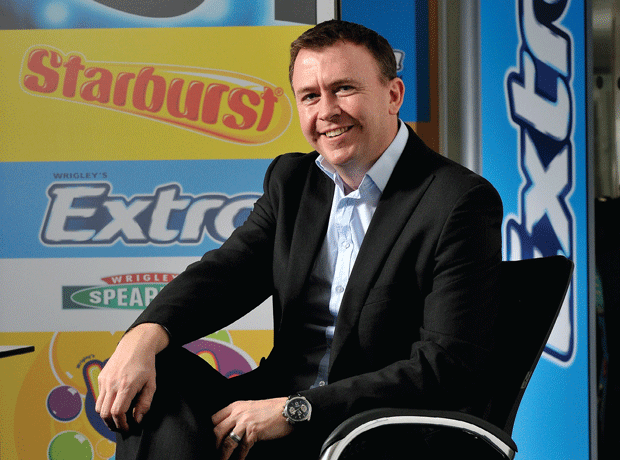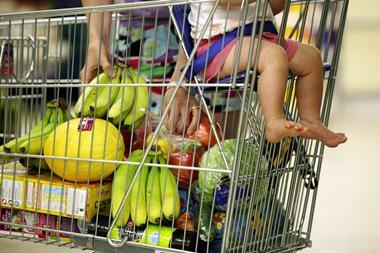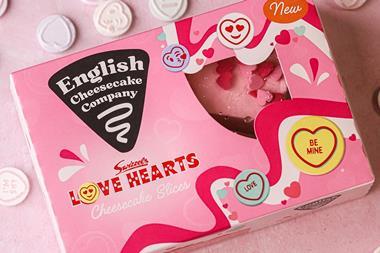The death of 40-year-old John Jackson in his home in Walsall - after reportedly consuming a whole pack of Hero Instant Energy Mints - attracted global attention this week, as the coroner in the case raised the alarm over the increasing use of high doses of caffeine in food.
Recording a verdict of accidental death, Balmain said he “wanted to draw the attention of authorities to things that might be a danger to other people”. He has since written to the Department of Health to flag up his concerns.
Jackson died with 155mg of caffeine per litre of blood in his system, a pathologist told the inquest into his death last week, adding that 10mg per litre of blood would be considered an overdose and 79mg had been known to cause fatalities.
Regular customer
But the former decorator had regularly eaten Hero Instant Energy Mints, which contain 80mg of caffeine per mint - the same as a 250ml can of Red Bull. And it remains to be established to what extent the mints contributed to Jackson’s death - especially since the inquest also heard Jackson was a heavy drinker and had cirrhosis of the liver that had left him unable to absorb caffeine properly.
These are issues the UK Food Standards Agency is to examine following the coroner’s request. “We are awaiting further information to understand to what extent the caffeine consumption led to Mr Jackson’s death,” says FSA head of food additives Stephen Johnson.
But the incident has shone a spotlight on the increasing use of caffeine in food in the UK - and the coroner’s comments may yet force the authorities to consider whether the packaging and marketing of such products adequately informs consumers.
Currently, there are no specific limits on the caffeine content of food and drink, and only drinks containing more than 150mg of caffeine per litre must state they have a ‘high caffeine content’. This will change from 13 December 2014, however, when new labelling legislation comes into force that will require high-caffeine drinks, and foods - where caffeine has been added for a “physiological effect” - to state the amount of caffeine alongside the words: ‘Contains caffeine. Not recommended for children or pregnant women.’
Whether these changes to labelling regulation will be seen as sufficient following Jackson’s death remains to be seen. And Hero Energy already carries a similar warning on pack. In a statement, Hero Instant Energy - which sells its products through more than 2,000 retailers in the UK - said it understood the risks of caffeine consumption. It added it would “strive for greater levels of consumer education” so customers could make informed decisions.
Cumulative
Although the effects of caffeine are generally short-term and reversible, and incidents of caffeine overdose are rare according to the FSA, a key concern is the cumulative effect of consuming caffeine in a variety of forms over a short period.
This concern has been compounded by the appearance of ‘energy confectionery’ including not only mints, but gum, jelly beans and a lolly- some with a higher caffeine content than Hero.
The risk of such products getting into the hands of children has already set alarm bells ringing in the US. In May, the FDA announced it was investigating the safety of caffeine in food products. “Our concern is about caffeine appearing in a range of new products, including ones that may be attractive and readily available to children and adolescents, without careful consideration of their cumulative impact,” says FDA deputy commissioner Michael R Taylor.
Within days of the FDA announcing its investigation, Wrigley halted production and sales of its US line Alert Energy Caffeine Gum “in support of” the FDA investigation.
Meanwhile, with EFSA also conducting its own risk assessment on caffeine, other producers of products containing the stimulant may be facing a wake-up call.


















No comments yet